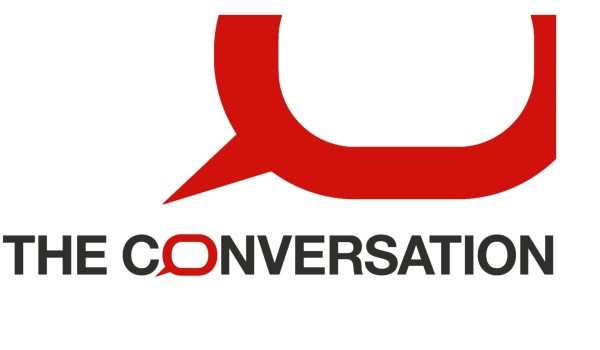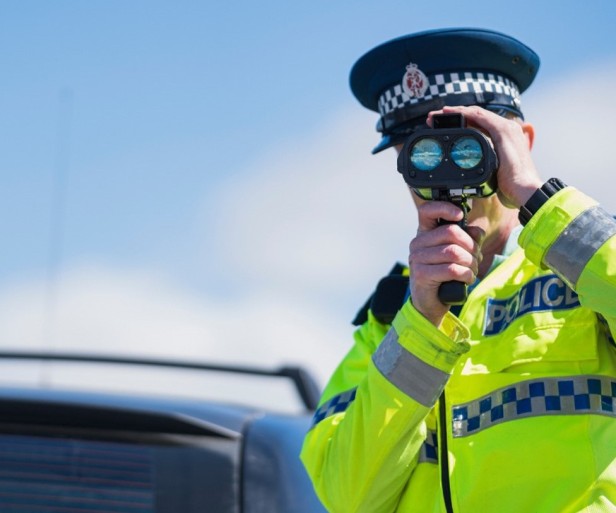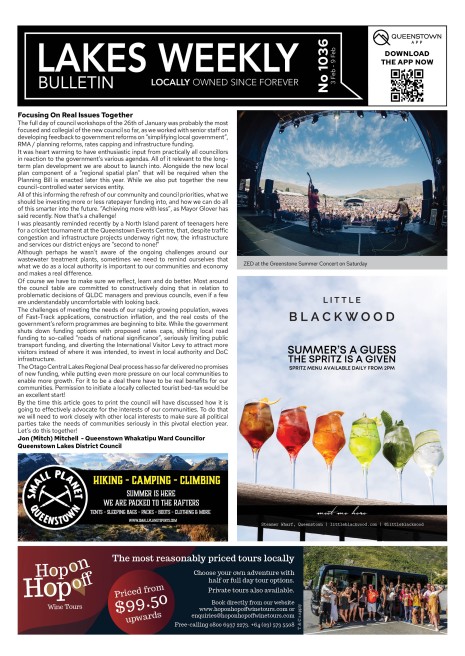Air New Zealand won’t be the last company to miss its climate goals – here’s why
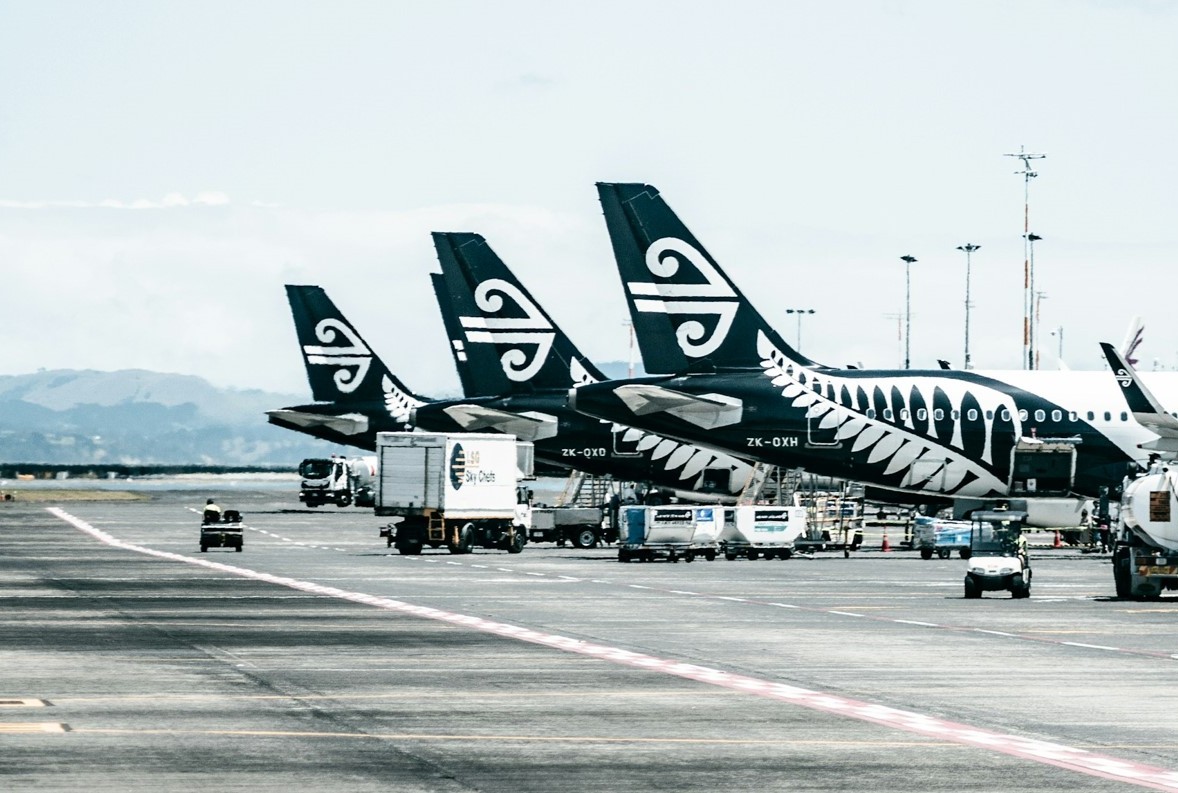
Pii-Tuulia Nikula, Associate Professor, School of Business, Eastern Institute of Technology, and Sara Walton, Professor of Sustainable Business, University of Otago, writing for The Conversation NZ.
Air New Zealand’s recent decision to abandon its short-term climate target raises the question of how many other businesses might follow.
The airline withdrew from the Science Based Target initiative (SBTi), the leading global body for the private sector to set and validate climate targets.
SBTi currently lists 24 New Zealand businesses which have set at least some targets and 11 which made a commitment but are yet to set or have their targets validated.
Most of the New Zealand businesses with targets are large companies in industries such as telecommunications and electricity generation. Other examples include well-known businesses such as Fletcher Building, Fonterra, New Zealand Post, and Ports of Auckland.
The case of Air New Zealand
Air New Zealand’s 2030 target aligned with the Paris Agreement goal to keep warming below 2°C (but not the more ambitious 1.5°C goal). The airline proposed to reduce its “well-to-wake” jet fuel emission intensity by 28.9%, the equivalent of a 16.3% absolute reduction compared to its 2019 base year.
Air New Zealand is not the only company failing to meet its SBTi commitments. Numerous businesses have failed to set net-zero targets after making a commitment, including the likes of Microsoft, Unilever and Procter & Gamble. Other airlines have had their SBTI commitments removed.
Silver Fern Farms and Kiwi Property Group are examples of New Zealand businesses with expired commitments. SBTi makes it easy for companies to make a commitment and some may only realise the practical challenges of meeting their climate targets during the two years they have to set and validate them.
Other New Zealand businesses, such as Auckland Airport, seem to have withdrawn from SBTi with less media attention after setting targets. The Auckland Airport company’s website states it is still committed to meeting science-based targets, so leaving SBTI does not necessarily indicate an organisation is abandoning climate goals.
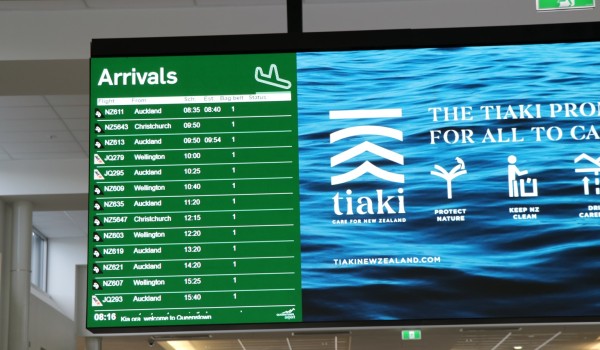
Absolute emission cuts can be hard if business growth remains an objective. Airlines have bounced back following the COVID pandemic, with the largest number of flights on one day recorded on July 6 this year.
Air New Zealand says it remains committed to decarbonising and reaching its 2050 net-zero target. However, making only long-term commitments without science-based best practice is problematic. How are current leaders held accountable for Air New Zealand achieving or failing a 2050 goal?
Airline decarbonisation is built heavily on massive but unproven technological leaps, such as electrification and new aviation fuels. Reaching the 2050 target could involve large amounts of offsetting, rather than genuine emission reductions.
Limitations and shortcomings
To set SBTi climate targets requires organisations to calculate their emissions, including those in the value chain, and set targets to reduce them in line with the Paris Agreement goals.
Targets can be short and long-term and either based on generic methodology or sector-specific pathways. The SBTi dataset currently includes around 9,000 organisations worldwide, of which more than 5,800 have approved targets.
SBTi’s methodology has attracted academic interest and criticism. Limitations of the scheme include shortcomings of the methodology to calculate science-based pathways or questions around how we can set emission budgets for individual businesses.
The methodology also fails to account for global inequalities. For instance, companies in developed countries may need to set even more ambitious goals so that those in developing countries can continue to grow. As SBTi both sets and verifies targets, it has also been criticised for lacking independence.
An SBTi monitoring report based on 2022 data highlights both limited transparency and mixed ability of businesses to achieve their targets. Other New Zealand research and analysis reported mixed results in organisational decarbonisation.
The future of science-based targets
SBTi is now in the process of reviewing its corporate net-zero standard. In April, the SBTi board released a statement in support of allowing businesses to use carbon credits towards some of their reduction targets. However, a pending revision of its corporate net-zero standard suggests this is unlikely.
With the changes to the SBTi process and announcement by Air New Zealand, it feels we are at a crossroads. Businesses are betwixt and between whether they should be ambitious and set climate targets they may not achieve, or play it safe and only promise incremental progress, not helping to meet global climate goals in time.
What does it mean if industries cannot find feasible pathways to achieve rapid and deep decarbonisation? Some companies need to start rethinking their business models to ensure they can play a meaningful role in the low-carbon transition.
No matter what position businesses take, we need to make sure they disclose their progress. In New Zealand, the new climate disclosure requirements make it easier to track progress of some of the largest listed companies and financial institutions, but many other businesses provide limited public transparency.
A current project to publish the climate efforts of a group of New Zealand businesses will release the scores in September. The aim is to increase public awareness and accountability of some of the country’s key emitters.
Similar efforts are operating across the globe to keep businesses involved in SBTi and other climate target schemes accountable for their promises. Ultimately, the integrity of global climate action depends on ensuring climate targets are not only aspirational but also attainable and grounded in scientific reality. Therein lies the challenge.
